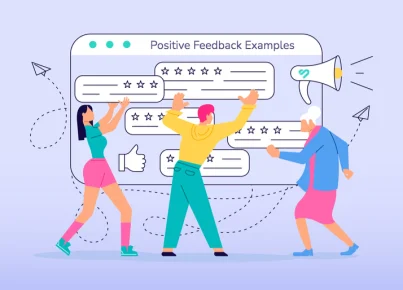Introduction:
Reading levels have long been one of the primary tools used by educators to monitor the progress of their students. While these levels can indeed serve as useful benchmarks for assessing academic growth, it’s critically important that we do not allow them to define our students in terms of their potential and capabilities.
A Holistic View of Student Abilities:
Focusing solely on reading levels can lead to a limited understanding of a student’s abilities and may overshadow their strengths in other subjects or activities. When we evaluate students based on one specific measure, we risk neglecting areas in which they excel or struggle. This can result in inadequate support for their needs and hinder the development of their unique talents.
The Harmful Effects of Labeling:
Students who are categorized according to their reading level might start feeling limited, pigeonholed, or even judged because of this label. This could cause them to lose confidence in themselves and their abilities, impacting their motivation to seek learning opportunities and achieve their full potential.
Promoting a Growth Mindset:
It’s crucial that educators adopt a growth mindset when evaluating and supporting students. This means focusing on effort and progress rather than attaching fixed labels to them. By emphasizing that intelligence is not fixed but can be developed through dedication and hard work, we can inspire students to take ownership of their learning journey and become lifelong learners.
Reflections on Classroom Management:
To effectively integrate a more holistic approach into classroom management, teachers must ensure that they provide differentiated instruction to meet the diverse needs of all students. By offering multiple opportunities for success across different subjects, classroom environments can promote the idea that all students have valuable skills and abilities, even if they are not reflected in standardized assessments.
The Importance of Parental Involvement:
Parents also play a vital role in cultivating an environment where reading levels don’t define a child’s potential for success. By supporting children through encouragement and praise for effort, regardless of current level, parents can foster a child’s healthy attitude towards learning.
Conclusion:
While reading levels are certainly a valuable tool in education, it’s essential not to allow them to become the all-encompassing measure of our students’ capabilities. By embracing a holistic view of each student and fostering a growth mindset among both educators and parents, we can help ensure that no child is limited by their assigned reading level and encourage them to reach for the stars.




